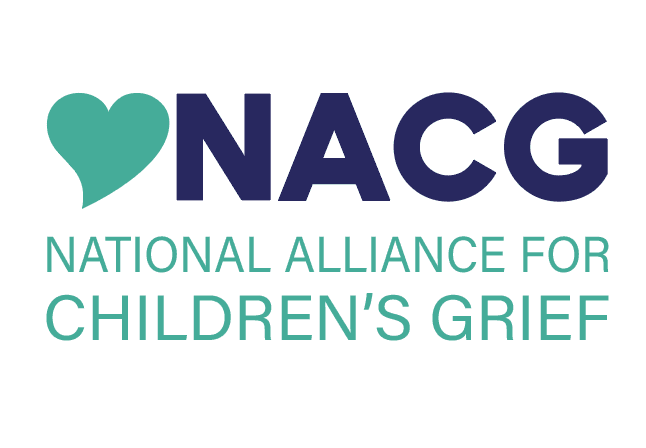
Death due to homicide is both abrupt and traumatic and can leave behind waves of intense emotions including shock and disbelief. For those grieving the death of a loved one due to homicide, grief symptoms can vary from person to person.
Survivors of tragic events can experience feelings of self-doubt, anxiety, and may avoid people and places that can lead to flashbacks and a preoccupation with one’s safety. Other individuals may exhibit an increased interest with news coverage of the traumatic incident and the trial process as a means of developing understanding. In an attempt to gain closure, some focus their emotions and efforts towards the prosecution of the perpetrator.
The desire to gain closure after a death is understandable. However, in the attempt to understand the “why,” grieving individuals often feel unfulfilled. Children, teens, and adults may also experience a sense of survivor’s guilt. Many relive the traumatic moments, analyzing what changes they could have made to keep their loved ones alive. These psychological, behavioral, and emotional symptoms are normal grief reactions to trauma-related loss and should be approached with compassion and understanding.
In considering how one begins to heal and grieve the death of their loved one, it is important to underscore the importance of patience and kindness towards oneself. Grief is a person-specific phenomenon and the emotions and intensity of feeling can fluctuate over time. Allow yourself permission to experience the anguish, pain, sadness, and even the happy memories that can come with grief. Below, we provide some practical tips that can help you and your family during your grief.
- Limit exposure to media. In the event of a homicide-related death, media coverage can scare, overwhelm, and re-traumatize younger children. With older children and teenagers, watching the news together can assist them in processing their grief and clarify misinformation they may be receiving from others. However, if you find the media portrayal is not expressed in a constructive manner, give yourself permission to turn off the news and, instead, engage in an open conversation about what they have heard and what they understand.
- Create or continue routines for children and teens. So much has changed for a child or teen who is grieving the death of their loved one. By maintaining routines and predictability in a child and teen’s life, such as a consistent dinner time with the family, it can provide stability and a sense of safety.
- Be mindful of the language being used with children and teens. The younger the child, the more simple the explanation and information you provide. Honesty in conversation is essential and we should never lie or mislead a child or teen. However, avoid overwhelming a child or teen with information that may confuse or scare them. Asking a child or teen what they understand about the traumatic event, can be a useful first-step in establishing a baseline of what they know and what information you should share.
- Understand the trial process. By being more aware of the terminology as well as the steps in the proceedings, you and your family will be better prepared for what can arise.
- Go over the safety measures. A sense of safety is a significant concern for children and teens after a traumatic event. Providing them with information as to how the community, school and authorities are working to keep them safe is important to communicate.
- Seek professional help. Grief can lead to feelings of loneliness and isolation. It is important to acknowledge the need for support and help in these situations. Whether it is seeking a grief support group, such as those offered by the Children’s Bereavement Center, or professional therapy, allow yourself and your family to process the loss in a safe and open space.
These are but a few recommendations that can assist you and your loved ones who are grieving. For more information and to register for our free grief support groups, please go to childbereavement.org.








